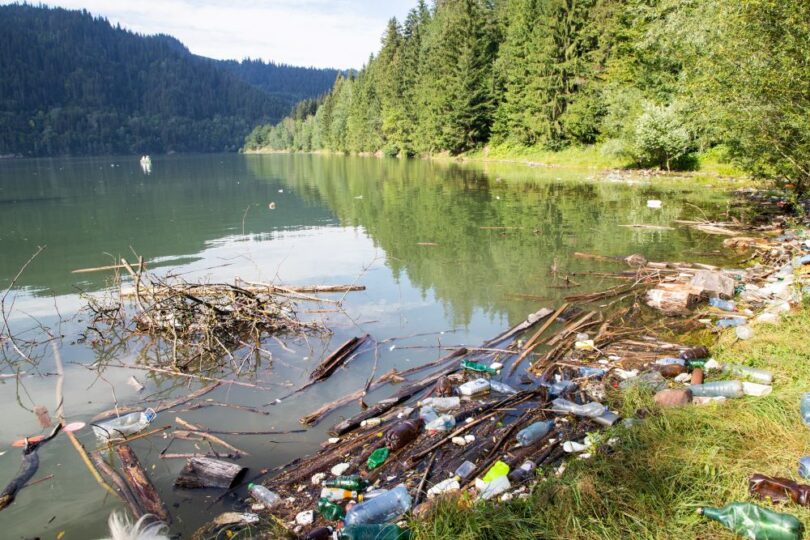In a display of scaling its impact on the environment, RiverRecycle, the Finnish start-up dedicated to combating plastic pollution, has now collected over 2.5 million kilograms of waste from rivers across the globe. This feat marks an acceleration in the company’s operations, with the second million kilograms being collected in a mere five months – a drastic improvement from the years it took to collect the first million.
RiverRecycle has been able to scale its operations upwards recently. The milestone achieved now means that the company expects to reach a run rate of over three million kg per year of waste collected. This makes it the world’s largest river cleaning company as of today.
Our accelerated pace in collecting waste illustrates our commitment to environmental stewardship but also showcases the scalability of our model” — Anssi Mikola, CEO of RiverRecycle
RiverRecycle’s expanding plastic waste removal efficiency is crucial to the success of its operations, which extend through India, Indonesia, the Philippines, Bangladesh, and Ghana. This latest achievement underscores the critical role RiverRecycle plays in preventing ecological damage in the short term and cultivating a culture of responsibility and conservation in the long term.
Anssi Mikola, CEO of RiverRecycle, reflects on this milestone: “Our accelerated pace in collecting waste not only illustrates our commitment to environmental stewardship but also showcases the scalability of our model. This is proof of the power of sustainable business practices that lead to a healthier planet.”
With five operational sites and 19 projects underway, RiverRecycle is on track to make a significant dent in the annual flow of riverine plastic into the oceans. The company’s innovative approach integrates waste management within a circular economy, collaborating with local businesses and communities to create value from waste. This system has proven effective without imposing financial burdens on municipal budgets.







